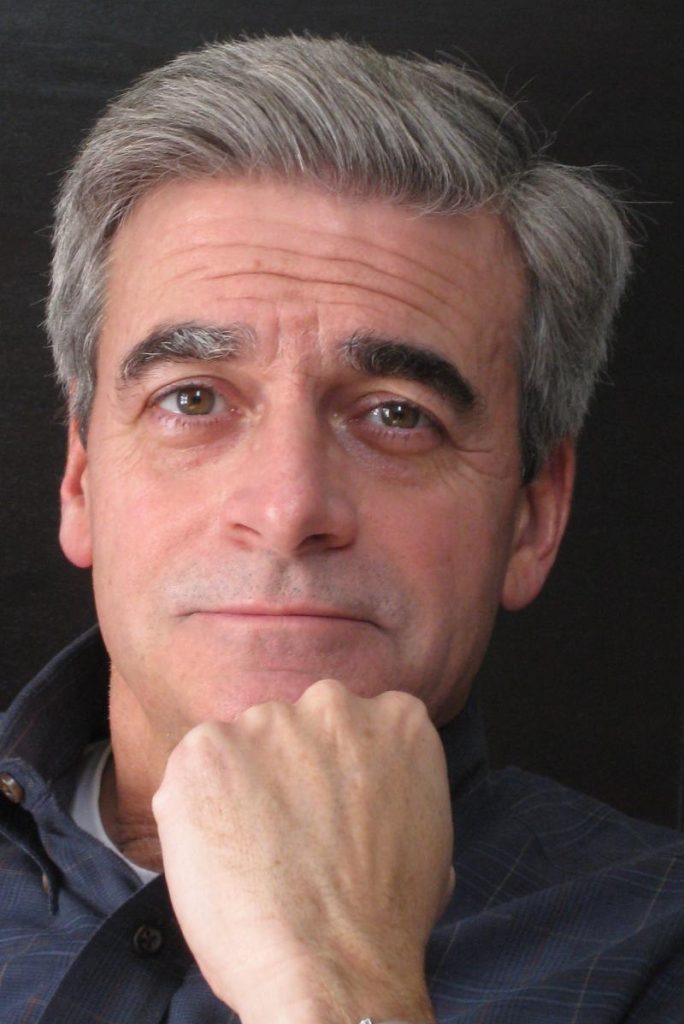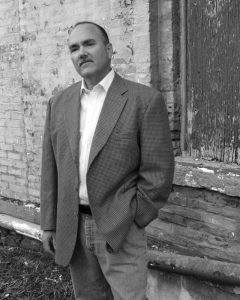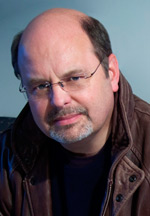Meet Terence Faherty!
In our last E-pistle, D.E. (Dan) Johnson praised Terry Faherty for his mentoring help on the first chapters of his historical mystery, The Detroit Electric Scheme. “I become a MWW Fellow in 2008,” said Dan, “where Terry Faherty helped me hone the beginning of my first book, which sold four months later. MWW works!”
That’s what Terry does: encourage, instruct, and provide direction for improving and selling your writing. He’s been a MWW supporter for many years, participating in our Writers’ Retreat and mini-conferences. If you want to learn how to develop a well-structured plot, sign up for Terry’s Writing the Mystery – Idea to Plot to Story. (Short assignments included!)
 Terence Faherty is the author of two mystery series. The Scott Elliott private eye series is set in the golden age of Hollywood and is a two-time winner of the Shamus Award, given by the Private Eye Writers of America. The Owen Keane series, which follows the adventures of a failed seminarian turned metaphysical detective, has been nominated twice for the Mystery Writers of America’s Edgar Award. His short fiction, which appears regularly in mystery magazines and anthologies, has won the Macavity Award from Mystery Readers International.
Terence Faherty is the author of two mystery series. The Scott Elliott private eye series is set in the golden age of Hollywood and is a two-time winner of the Shamus Award, given by the Private Eye Writers of America. The Owen Keane series, which follows the adventures of a failed seminarian turned metaphysical detective, has been nominated twice for the Mystery Writers of America’s Edgar Award. His short fiction, which appears regularly in mystery magazines and anthologies, has won the Macavity Award from Mystery Readers International.
Terry had two new titles in 2011, both in the Elliott series. Dance In The Dark, his eleventh novel, was published by Five Star and is set in 1969. Perfect Crime Books released a collection of the Elliott stories entitled The Hollywood Op, which contains all the Elliott short stories published to date, including the Shamus winner “The Second Coming.” In 2012, a new Owen Keane novel, Eastward In Eden, will be published by the Mystery Company.
Q. What accomplishment or achievement are you most proud of as an author? What has been the most satisfying aspect of getting published?
 I don’t think any accomplishment has meant as much to me as the sale of my first novel, Deadstick, not even my first short story sale a few years earlier, though I can still picture the room where I was standing when I was notified by phone that the story had been accepted. I heard about the Deadstick sale over the phone, too, and disappointed my editor-to-be with my low-keyed reaction (though I was shouting on the inside). She kidded me for years about my first words, claiming they were “that’s nice” or something equally intense.
I don’t think any accomplishment has meant as much to me as the sale of my first novel, Deadstick, not even my first short story sale a few years earlier, though I can still picture the room where I was standing when I was notified by phone that the story had been accepted. I heard about the Deadstick sale over the phone, too, and disappointed my editor-to-be with my low-keyed reaction (though I was shouting on the inside). She kidded me for years about my first words, claiming they were “that’s nice” or something equally intense.
The most satisfying aspect of being published has always been the feedback from readers. Writing without publishing can feel like launching notes in bottles: an endless series of messages and no replies. Hearing from someone who’s read you and who appreciates what you’re trying to do is a really wonderful thing.
Q. Please explain how attending writing workshops influenced your career (if it did).
I attended a series of evening workshops given by the Writers Center of Indianapolis after graduating from college and really profited from the feedback from my teachers and fellow writers, though I was sometimes self-conscious about being the only mystery writer in a room of literary writers. Later, the Writers Center sponsored a program by four touring mystery writers and that turned out to be one of the most significant days of my life. I made important professional connections that day (and three friendships that I still value). After hearing those four speak, I was never again embarrassed about being a “mere” mystery writer.
Q. Tell us a little bit about your journey to publication: when and what you first began to write, when you began submitting, to when you received your first contract.
I’ve been telling stories all my life, and writing them as soon as I could write-my earliest surviving manuscript is from the sixth grade. (It’s a mystery.) I wrote for and edited my high school and college literary magazines and began sending short stories out shortly after I graduated. I have rejection slips from the 1970s from Redbook, Atlantic Monthly, and Ellery Queen, among others. (Luckily, Queen later changed its mind about me.) My first story sale came about five years after graduation (after the workshops described above) and my first book sale about ten years after that. All that time, I was working as a technical writer, which did a lot to knock the curlicues off my prose style.
Q. What should writers expect from your intensive workshop and what would authors who don’t write your genre benefit from your session as well?
Writers should expect too much information in too short a time. I would hope they’d come away with some new thoughts on the mystery story that might help them see the potential of it and one or two suggestions about the craft of writing that might help them move their ideas from jottings in a journal to completed manuscripts. I also hope the participants come away with the sense that they’re part of a larger writing community that supports and values their efforts.
Q. What is the best advice on writing that you were ever given, and what is something you wish you had known sooner?
Best advice: Maintain good relations with your editors. They’re your first fans and your champions within the publishing world. Listen to what they say with both ears and chose your inevitable battles carefully.
What I wish I’d known sooner: Don’t quit your day job, not until your writing income has forced you to seek out tax shelters.
Note: Terry’s Part II Sessions:
- I’ll Wait to See the Movie – How to use screenwriting techniques to improve the pacing and structure of your book and your chances of selling it.
- Writing the Period Mystery – A discussion of how to bring to life a historical period through your fiction. Although aimed specifically at mystery writing, these techniques can be applied to any type of historical writing.
- Two for the Price of One – A discussion of the two stories in every mystery, the hidden story and the open story, and how understanding their relationship can make your idea development easier and your plotting more effective.



